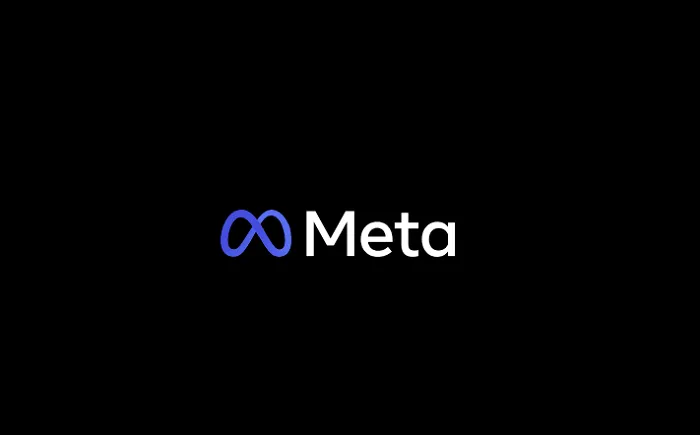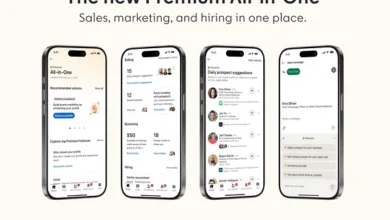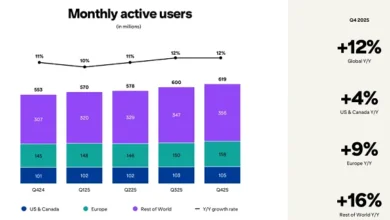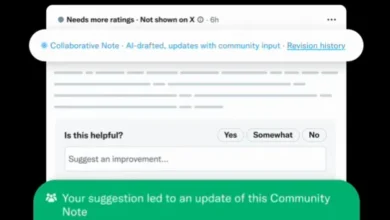While Meta’s looking to move away from political content, in favor of more entertaining, less divisive interaction in its apps, a key question now is what that actually means in practical terms, and how Meta’s going to define what is and isn’t “political” in this respect.
As a quick refresh, last week, Instagram chief Adam Mosseri announced that both Instagram and Threads are moving towards a new system where political content will become opt-in by default, meaning that if users want to keep seeing politics-related posts in their feed, they’ll have to go to their settings and indicate such.

That toggle isn’t available as yet, but Mosseri further noted that both Facebook and IG have been moving to reduce exposure to political posts for some time, with Threads now also following the same path.
And for social media marketers trying to understand how to maximize their post reach, the specific wording here is important.
As explained by Mosseri:
“Over the next few weeks we will be improving how we avoid recommending content about politics on recommendation surfaces – like Explore, Reels, and Suggested Users – across both Instagram and Threads. If you want political recommendations, you will have a control to opt into getting them. These recommendations updates apply to public accounts and only in places where we recommend content. They don’t change how we show people content from accounts they choose to follow.”
So, to clarify, you can choose to follow whichever profiles you want, and Meta’s algorithms will not restrict content from these users being shown in your feed. But if you don’t follow a certain profile, and it regularly posts political content, you’re going to be less likely to randomly come across such, unless you flip the specific switch within your preference settings.
And while Mosseri notes that this will only apply to “recommendation surfaces”, like Explore, Reels, and Suggested users, it’s important to also consider that the default “For You” feed in each app is a essentially a recommendation surface as well. It’s also what most users now scan through, as it’s the first display that they see when they open the app.
So it will have a more significant exposure impact than it may initially seem.
Also important to note that Mosseri specifies “accounts” in his announcement, not posts. So if you regularly post about political content, it seems like this will be an account-level restriction. Which could mean that even if you only post about politics occasionally, you still might see reach reductions as a result.
Incidentally, just days after this announcement, Meta then launched an initial test of “Trending Topics” within Threads, which has been a much-requested feature.

Some have pointed out the potential conflict here, in that Meta has also said that political content will be eligible to be displayed in this listing. But it’s actually only because of the political restriction that Threads is even trying out a trending list, because with less political content being displayed to users, that inevitably also means that political topics are far less likely to trend in the same way, as they simply won’t get the reach without users intentionally seeking them out.
So the two announcements actually go hand-in-hand, as opposed to contradicting each other.
But the key point that marketers need to understand now is what Meta will identify as political content, and how they can avoid their messaging being limited by this new process.
Which Meta has not been very forthcoming about.
As per CNN, Meta’s current guidance on this is:
“Informed by research, our definition of political content is content likely to be about topics related to government or elections; for example, posts about laws, elections, or social topics. These global issues are complex and dynamic, which means this definition will evolve as we continue to engage with the people and communities who use our platforms and external experts to refine our approach.”
Content about elections makes direct sense, but discussion of laws is actually far broader than the political sphere, and likely applies to many brand profiles, in particular legal businesses, which could reduce their reach.
Also, “social topics”? What does that even mean? Everything is a “social topic”, depending on your definition.
Meta’s stance is essentially that it doesn’t have a neat definition of what will and won’t qualify, because so many things are in flux, and can veer into political territory. Taylor Swift, for example, has arguably become a political figure, albeit unwittingly, through her exposure during NFL matches.
Climate change is a political topic, but also a broader social concern. Elon Musk is a political figure of sorts.
Theoretically, all of these things could be impacted, depending on how the Meta team wants to apply its restrictions, which could make it hard to maximize reach in its apps for a wide range of brands.
It also runs counter to much of what brands have been told in recent years in regards to taking a public stand on social issues.
Back in 2018, a survey conducted by Sprout Social found that 66% of consumers believe that it’s important for brands to take a public stance on leading social and political issues, including immigration, human rights, and race relations.

A Snapchat study published in 2022 provided more specific focus on younger consumers, finding that Gen Z are increasingly loyal to businesses that speak out about social issues, and share information that promotes social change.
This has been a common refrain, that brands need to take a stand, and promote such to further ingratiate themselves with their target audience. Which makes sense, given the broader awareness of social causes in the modern information sphere, but now, Meta’s looking to push things in the other direction, which could prompt a significant change in approach across its apps.
So why is Meta even doing this? Because that’s what users say that they want, which is backed up by its engagement data.
Meta CEO Mark Zuckerberg noted back in 2021 that the most common feedback that the company receives is that people want fewer divisive political posts taking over their in-app experience. As a result, Meta’s been working since then to reduce the presence of news and political content, leaning more into entertaining short video clips instead, which has yielded significant engagement benefits.
As such, that’s now where Meta is headed, which really puts the onus on brands to come up with more entertaining, less topical content to share in its apps.
Which is a significant shift, especially when you also consider that, historically, the best-performing posts in social apps have been those that generate a lot of replies, and the content that’s most likely to trigger a response is that which sparks emotional response. That could be joy or happiness, but it also means anger and outrage, which political content certainly does better than anything else.
On balance, it’s good for Meta to be moving in this direction, but it will require a re-think of how you can maximize your efforts in its apps.
It’ll be interesting to see what the actual impacts are as Meta looks to expand this approach.
Source link




